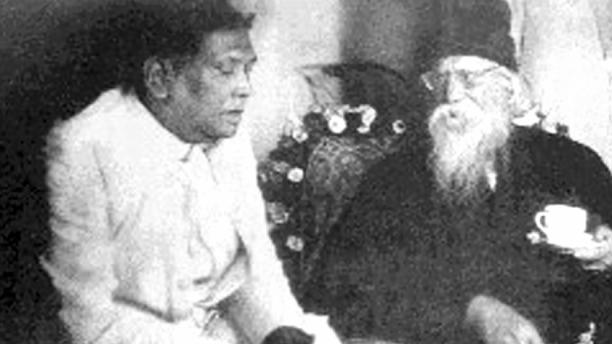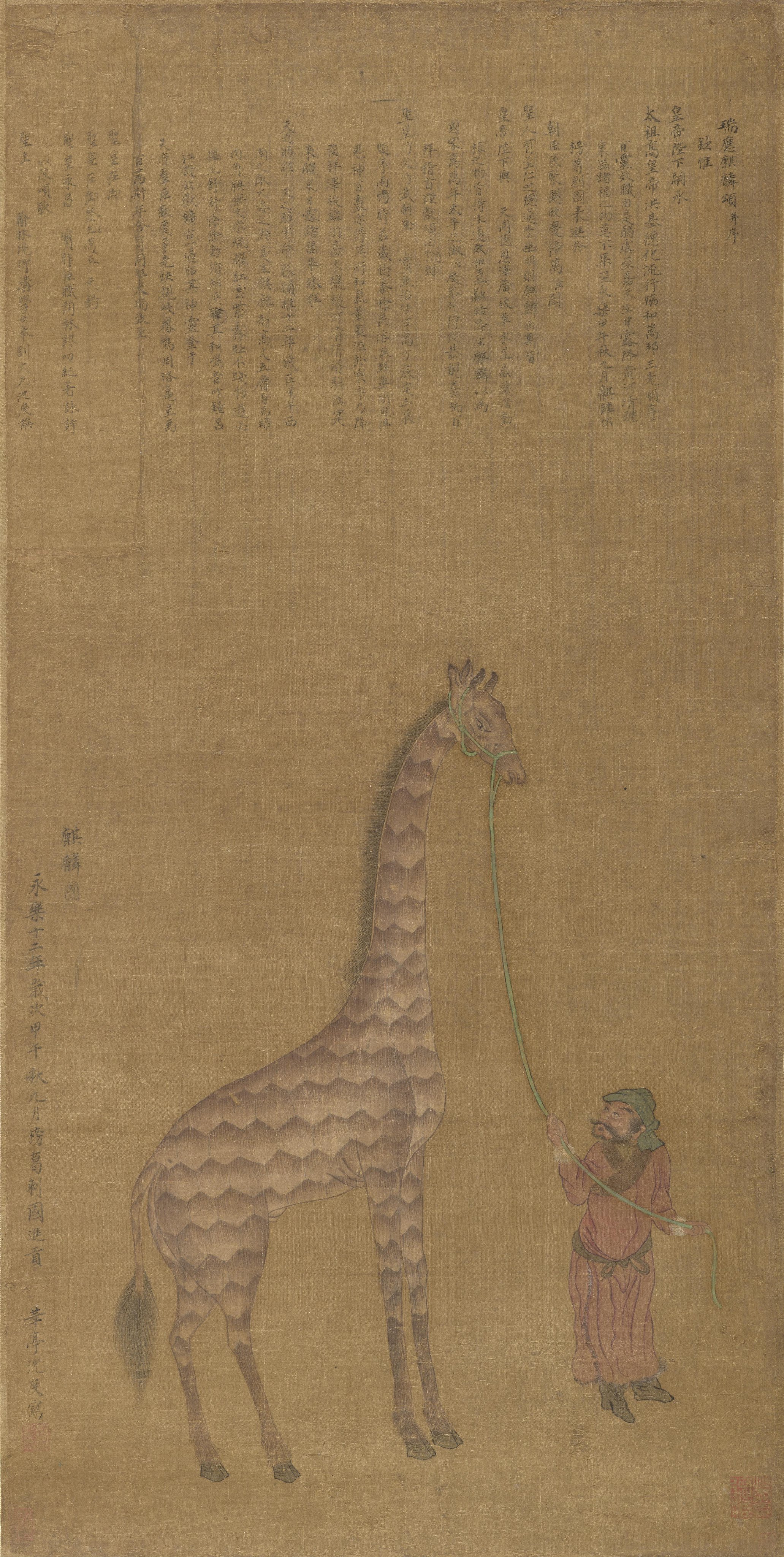|
Serajuddin Ahmad
Serajuddin Ahmad was a Bengali politician. Early life and education Ahmad was born into a Bengali Muslim family in the village of Krishnapur in the Midnapore district of the Bengal Presidency. Career Ahmad contested in the 1946 Bengal Legislative Assembly election and won a seat at the Bengal Legislative Assembly The Bengal Legislative Assembly () was the largest legislatures of British India, legislature in British India, serving as the lower chamber of the legislature of Bengal Presidency, Bengal (now Bangladesh and the Indian state of West Bengal). It .... References {{DEFAULTSORT:Ahmad, Serajuddin 20th-century Bengalis People from Paschim Medinipur district People from British India Indian Sunni Muslims Bengali Muslims Bengal MLAs 1946–1947 ... [...More Info...] [...Related Items...] OR: [Wikipedia] [Google] [Baidu] |
Garhbeta I
Garhbeta I is a community development block that forms an administrative division in Medinipur Sadar subdivision of Paschim Medinipur district in the Indian state of West Bengal. Geography In Garhbeta I CD block, 85% of the cultivated area has alluvial soil and 15% has lateritic soil. Garbeta I CD block is drought prone. Garbeta is located at . Garhbeta I CD block is bounded by Taldangra, Bishnupur, Joypur and Kotulpur CD blocks in Bankura district in the north, Goghat II CD block in Hooghly district and Chandrakona I and Chandrakona II CD blocks in the east, Garhbeta III CD block in the south and Garhbeta II CD block in the west. It is located 58 km from Midnapore, the district headquarters. Garhbeta I CD block covers . It has 1 panchayat samity, 12 gram panchayats, 162 gram sansads (village councils), 371 mouzas and 306 inhabited villages. Garhbeta and Goaltore police stations serve this block. The headquarters of this CD block is at Garbeta. Garhbeta I CD bloc ... [...More Info...] [...Related Items...] OR: [Wikipedia] [Google] [Baidu] |
Midnapore District
Midnapore (Pron: mad̪aːniːpur), or sometimes Medinipur, is a former district in the Indian state of West Bengal, headquartered in Midnapore. On 1 January 2002, the district was bifurcated into two separate districts namely Purba Medinipur and Paschim Medinipur. It was the largest district of West Bengal by area and population at the time of bifurcation. Etymology There are conflicting accounts of how the name Medinipur came to be. One account claims that Medinipur was named after a local deity "Medinimata" (literally "mother of the world", a Shakti incarnation). According to Sri Hari Sadhan Das, the district got its name from "Medinikar", the founder of the city in 1238, who was the son of "Prankara", the feudal king of "Gondichadesh". He was also the writer of "Medinikosh". Hara Prasad Shastri thinks that the city Medinikar established it around the time he wrote the book (1200-1431). He is said to have built the fort called "Kornelgola" situated in the city. History Me ... [...More Info...] [...Related Items...] OR: [Wikipedia] [Google] [Baidu] |
Bengal Presidency
The Bengal Presidency, officially the Presidency of Fort William in Bengal until 1937, later the Bengal Province, was the largest of all three presidencies of British India during Company rule in India, Company rule and later a Provinces of India, Province of British India. At the height of its territorial jurisdiction, it covered large parts of what is now South Asia and Southeast Asia. Bengal proper covered the ethno-linguistic region of Bengal (present-day Bangladesh and the West Bengal, Indian state of West Bengal). Calcutta, the city which grew around Fort William, India, Fort William, was the capital of the Bengal Presidency. For many years, the governor of Bengal was concurrently the governor-general of India and Calcutta was the capital of India until 1911. The Bengal Presidency emerged from trading posts established in the Bengal Subah, Bengal province during the reign of Emperor Jahangir in 1612. The East India Company (EIC), a British Indian monopoly with a royal ... [...More Info...] [...Related Items...] OR: [Wikipedia] [Google] [Baidu] |
Bengal Legislative Assembly (1937—1947)
The Bengal Legislative Assembly () was the largest legislature in British India, serving as the lower chamber of the legislature of Bengal (now Bangladesh and the Indian state of West Bengal). It was established under the Government of India Act 1935. The assembly played an important role in the final decade of undivided Bengal. The Leader of the House was the Prime Minister of Bengal. The assembly's lifespan covered the anti-feudal movement of the Krishak Praja Party, the period of World War II, the Lahore Resolution, the Quit India movement, suggestions for a United Bengal and the partition of Bengal and partition of British India. Many notable speeches were delivered by Bengali statesmen in this assembly. The records of the assembly's proceedings are preserved in the libraries of the Parliament of Bangladesh and the West Bengal Legislative Assembly. History The assembly was the culmination of legislative development in Bengal which started in 1861 with the Bengal Leg ... [...More Info...] [...Related Items...] OR: [Wikipedia] [Google] [Baidu] |
Alfazuddin Ahmed
Alfazuddin Ahmed was a Bengali politician. Early life and education Ahmed was born into a Bengali Muslim family in the village of Dhalhara in the Midnapore district of the Bengal Presidency. He holds a Master of Arts degree.Proceedings-Of-The-Indian-History-Congress, Third Session, Calcutta 1939 Career Ahmed contested in the 1937 Bengal Legislative Assembly election and won a seat at the Bengal Legislative Assembly. He was a member of the Primary Education Curriculum Committee and the Sub-Committee for English Studies.School Education in Bengal, Alipore 1937, Bengal Government Press Ahmed was a member of the Reception Committee of the Third Session of the Indian History Congress on behalf of the University of Calcutta The University of Calcutta, informally known as Calcutta University (), is a Public university, public State university (India), state university located in Kolkata, Calcutta (Kolkata), West Bengal, India. It has 151 affiliated undergraduate c .... Refere ... [...More Info...] [...Related Items...] OR: [Wikipedia] [Google] [Baidu] |
Bengali Muslim
Bengali Muslims (; ) 'Mussalman'' also used in this work./ref> are adherents of Islam who ethnically, linguistically and genealogically identify as Bengalis. Comprising over 70% of the global Bengali population, they are the second-largest ethnic group among Muslims after Arabs. Bengali Muslims make up the majority of Bangladesh's citizens, and are the largest minority in the Indian states of West Bengal, Tripura and Assam. They speak or identify the Bengali language as their mother tongue. The majority of Bengali Muslims are Sunnis who follow the Hanafi school of jurisprudence. Due to its extensive trade contacts, Bengal has had a Muslim presence in the region since the early 8th century CE, but conquest of the Bengal region by the Delhi Sultanate brought Muslim rule to Bengal. The governors of the region soon broke away to form a Bengal Sultanate, which was a supreme power of the medieval Islamic East. European traders identified the Bengal Sultanate as "the richest ... [...More Info...] [...Related Items...] OR: [Wikipedia] [Google] [Baidu] |
1946 Bengal Legislative Assembly Election
Legislative assembly elections for the Bengal Legislative Assembly were held in January 1946 as part of the 1946 Indian provincial elections. Seats The allocation of 250 seats in the assembly was based on the communal award. It is illustrated in the following. * General elected seats- 78 * Muslim electorate seats- 117 ** Urban seats- 6 ** Rural seats- 111 * Anglo-Indian electorate seats- 3 * European electorate seats- 11 * Indian Christian electorate seats- 2 * Commerce, Industries and Planting seats- 19 ** Port of Calcutta ** Port of Chittagong ** Bengal Chamber of Commerce ** Jute Interest ** Tea Interest ** Railways ** Traders Associations ** Others * Zamindar seats- 5 * Labour representatives- 8 * Education seats- 2 ** University of Calcutta- 1 ** University of Dacca The University of Dhaka (), also known as Dhaka University (DU), is a public research university located in Dhaka, Bangladesh. Established in 1921, it is the oldest active university in the country. The ... [...More Info...] [...Related Items...] OR: [Wikipedia] [Google] [Baidu] |
Stanley Reed (British Politician)
Sir Herbert Stanley Reed (28 January 1872 – 17 January 1969) was an important figure in the media of India in the early 20th century who later became a Conservative Party politician in the UK. He was conservative member for the Aylesbury division of Buckinghamshire. Reed was the longest serving Editor of ''The Times of India'' from 1907 until 1924. He received correspondence from the major figures of India such as Mahatma Gandhi. In all he lived in India for fifty years. He was respected in the United Kingdom as an expert on Indian current affairs. He christened Jaipur as 'the Pink City of India'. Reed was returned as Conservative member of parliament (MP) for Aylesbury in a by-election A by-election, also known as a special election in the United States and the Philippines, or a bypoll in India, is an election used to fill an office that has become vacant between general elections. A vacancy may arise as a result of an incumben ... in 1938. He was re-elected at the 19 ... [...More Info...] [...Related Items...] OR: [Wikipedia] [Google] [Baidu] |
People From Paschim Medinipur District
The term "the people" refers to the public or common mass of people of a polity. As such it is a concept of human rights law, international law as well as constitutional law, particularly used for claims of popular sovereignty. In contrast, a people is any plurality of persons considered as a whole. Used in politics and law, the term "a people" refers to the collective or community of an ethnic group or nation. Concepts Legal Chapter One, Article One of the Charter of the United Nations states that "peoples" have the right to self-determination. Though the mere status as peoples and the right to self-determination, as for example in the case of Indigenous peoples (''peoples'', as in all groups of indigenous people, not merely all indigenous persons as in ''indigenous people''), does not automatically provide for independent sovereignty and therefore secession. Indeed, judge Ivor Jennings identified the inherent problems in the right of "peoples" to self-determination, as i ... [...More Info...] [...Related Items...] OR: [Wikipedia] [Google] [Baidu] |
Indian Sunni Muslims
Indian or Indians may refer to: Associated with India * of or related to India ** Indian people ** Indian diaspora ** Languages of India ** Indian English, a dialect of the English language ** Indian cuisine Associated with indigenous peoples of the Americas * Indigenous peoples of the Americas ** First Nations in Canada ** Native Americans in the United States ** Indigenous peoples of the Caribbean ** Indigenous languages of the Americas Places * Indian, West Virginia, U.S. * The Indians, an archipelago of islets in the British Virgin Islands Arts and entertainment Film * ''Indian'' (film series), a Tamil-language film series ** ''Indian'' (1996 film) * ''Indian'' (2001 film), a Hindi-language film Music * Indians (musician), Danish singer Søren Løkke Juul * "The Indian", an unreleased song by Basshunter * "Indian" (song), by Sturm und Drang, 2007 * "Indians" (song), by Anthrax, 1987 * Indians, a song by Gojira from the 2003 album '' The Link'' Other uses ... [...More Info...] [...Related Items...] OR: [Wikipedia] [Google] [Baidu] |


